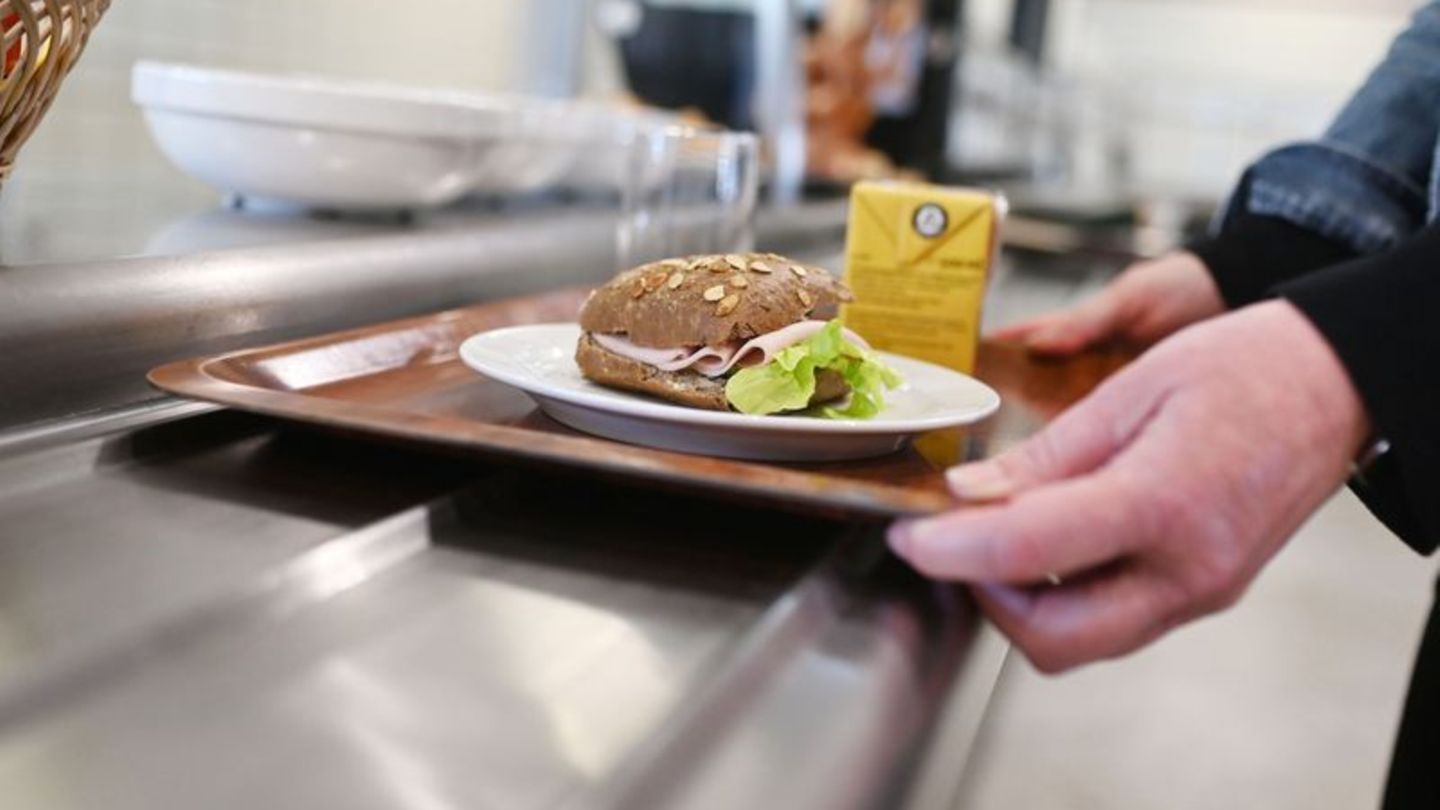Menu
Pandemic aftermath: Company canteens suffer from home office
Categories
Most Read
the panorama of two leading brands in Argentina
October 12, 2025
No Comments
how to pay in installments without interest
October 12, 2025
No Comments
Tariff conflict: Trump on trade dispute: Xi just had a bad moment
October 12, 2025
No Comments
SME retail sales fell 2% in September
October 12, 2025
No Comments
1.4 million tourists traveled through the country and left more than $260 billion
October 12, 2025
No Comments
Latest Posts

We want peace but with freedom, sovereignty and independence
October 13, 2025
No Comments
October 12, 2025 – 23:14 The president of Venezuela questioned the decoration given to the opposition leader and assured that “90% of the population” repudiates

Sarmiento achieved a historic victory and left River drowning in its sporting crisis
October 13, 2025
No Comments
October 12, 2025 – 22:54 With a goal from Iván Morales after an unusual error by Franco Armani, the “Green” beat Gallardo’s team 1-0 and

Luis Caputo, after the agreement with the US: Dollarization is ruled out
October 13, 2025
No Comments
The Minister of Economy, Luis Caputoassured that “ dollarization is ruled out” and defended the agreement reached with USAwhich includes a 20 billion dollar swap.
24 Hours Worlds is a comprehensive source of instant world current affairs, offering up-to-the-minute coverage of breaking news and events from around the globe. With a team of experienced journalists and experts on hand 24/7.

